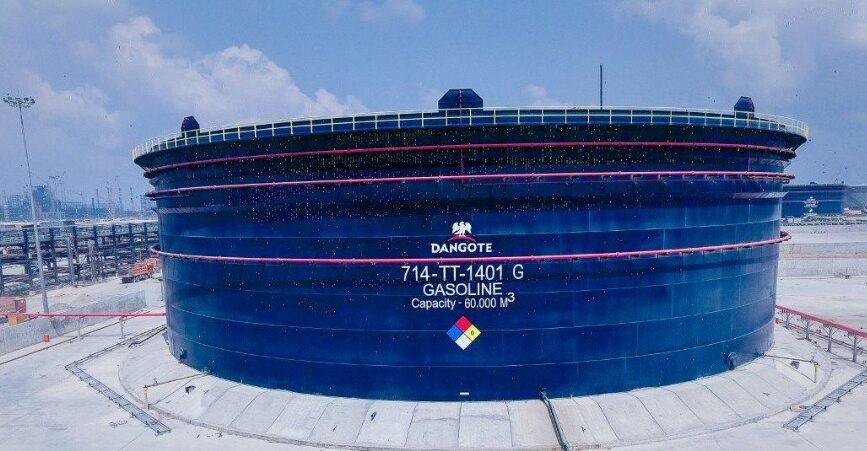The Nigerian Content Development and Monitoring Board (NCDMB) has emphasized that the 650,000-barrel-per-day Dangote Integrated Refinery and Petrochemical Company presents significant partnership opportunities for Nigeria and other African nations in sourcing petroleum products and fertilizers.
Speaking at the 9th Sub-Saharan African International Petroleum Exhibition and Conference (SAIPEC) in Lagos, NCDMB Executive Secretary Felix Omatsola Ogbe underscored the refinery’s role in enhancing regional energy security and economic cooperation.
Ogbe highlighted other major projects across Africa that could leverage similar collaborations, citing Kenya’s Konza Technology City, the Grand Ethiopian Renaissance Dam, and Nigeria’s Lekki Free Trade Zone. He also pointed to industrial facilities such as the SHI-MCI FPSO Fabrication/Integration Yard in Lagos as critical to Africa’s industrialization goals.
Beyond the refinery’s impact, Ogbe elaborated on the NCDMB’s Nigerian Oil and Gas Parks Scheme (NOGAPS), currently being developed across seven locations in Nigeria. He invited investors and entrepreneurs to explore opportunities in manufacturing industry-related equipment, components, and spare parts to strengthen local production capabilities.
Stressing the importance of regional cooperation, Ogbe described the African Continental Free Trade Agreement (AfCFTA) as a game-changing legal framework. By integrating 1.3 billion people across 54 African nations and generating a combined GDP exceeding $3 trillion, AfCFTA offers a platform for a unified local content strategy to boost trade and industrial development.
Read also: Delta APC dismisses allegations against NCDMB scribe as baseless
Ogbe urged sub-Saharan African countries to align with emerging trends in the global oil and gas industry, emphasizing the need for a collective approach to strengthen local content policies, accelerate industrialization, and drive sustainable economic growth across the continent.
He noted that while nations like Nigeria, Angola, and Ghana have made significant progress in boosting indigenous participation in the oil and gas sector, fragmented implementation of local content policies continues to hinder broader regional progress.
To overcome these challenges, he called for deeper collaboration among Africa’s petroleum-producing nations. He advocated for the exchange of best practices, cross-border partnerships, and a more synchronized strategy to elevate indigenous players and enhance Africa’s competitiveness in the global energy market.






